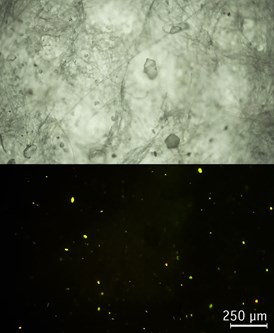Max Rubner | Institute Federal Research Centre for Nutrition and Food 🇩🇪 GermanySafety and Quality Fishery and Aquaculture Products | |
The Max Rubner-Institut (MRI) is associated to Germany’s Federal Ministry of Food and Agriculture (BMEL) and deals with scientific questions regarding nutrition and food with the focus on consumer health protection. One of the main objectives is to advise the BMEL on policy decisions in the area of nutrition. The MRI Department of Safety and Quality of Milk and Fish Products aims for improving and maintaining both safety and quality of these two groups of valuable food items. Thereby, fish, crustaceans and molluscs, as well as marine algae, are studied along the production chain from catch to consumption.
| Analytical methods, molecular biological and microbiological techniques as well as technological and sensory assessments are used in an integrated approach to study aspects of seafood safety and quality, for example
Many of the research activities are performed in the frame of European projects, with partners from other research institutes, fish processing companies and food control laboratories. |
⬅︎ Back to list of Permanent National representative member institutes | |
Contact | WEFTA on social media | Sitemap
WEFTA
WORKING GROUP
Working groups meetings
MEMBERS | MEETINGS
WEFTA AWARD
NEWS
AGENDA
SEARCH
|



